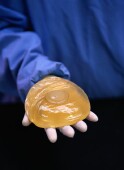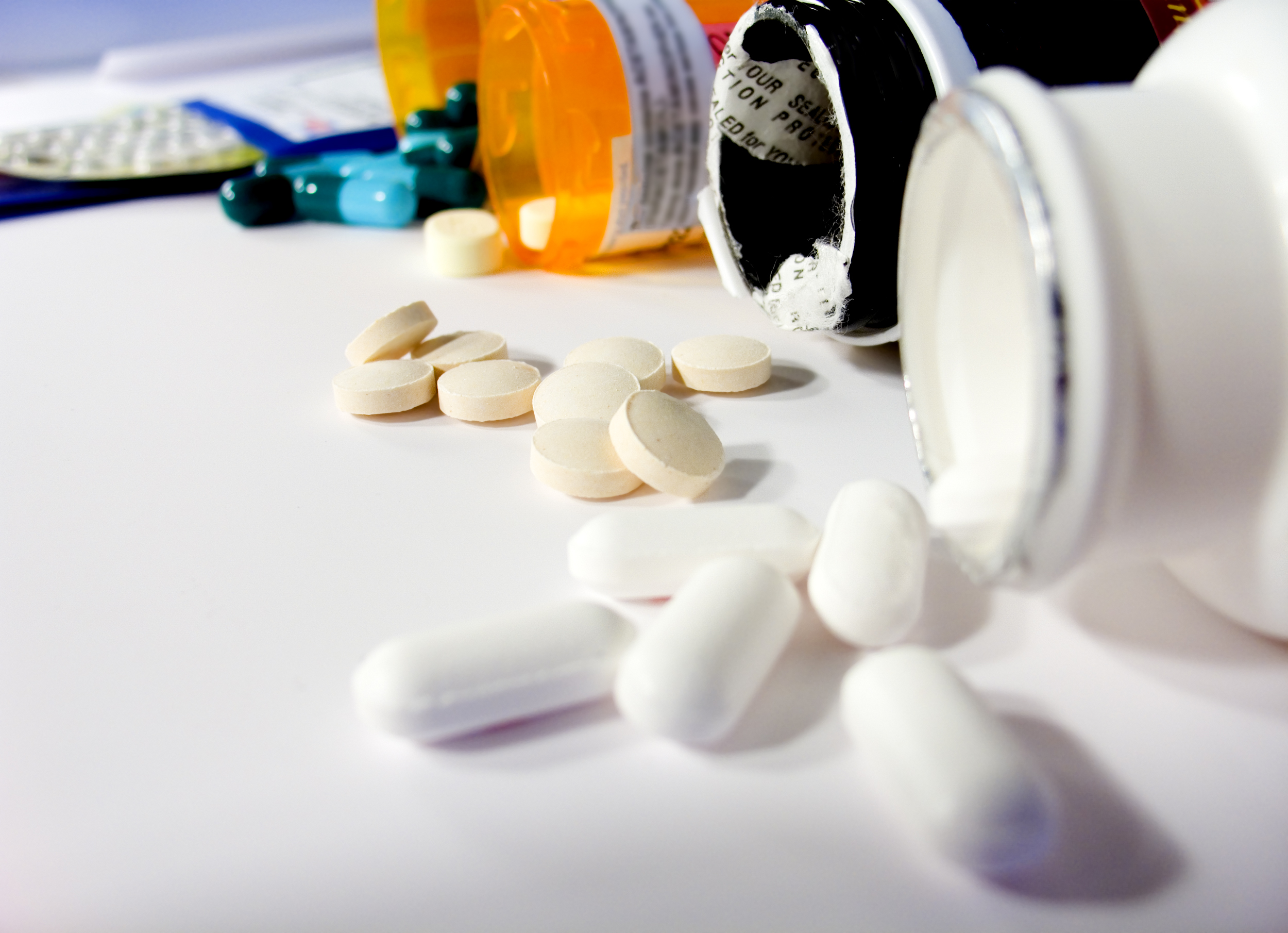
THURSDAY, Sept. 1 (HealthDay News) — After two days of hearings into the potential health risks of silicone breast implants, U.S. Food and Drug Administration officials said Wednesday that the devices are safe and will remain on the market.
However, the agency said it would work with the two manufacturers of the devices approved for use in the United States to improve studies gauging the health of women who have received the implants.
Dr. William Maisel, deputy director of the FDA’s Center for Devices and Radiological Health, told The New York Times that silicone breast implants are safe.
“We felt that way before the meeting, and we continue to feel that way after the presentations and discussions over the past two days,” he said.
Agency officials added that they would work with the two manufacturers — Allergan and Mentor — to get more women to take part in mandated post-approval studies. The numbers of women involved with the studies so far have been limited, with Allergan monitoring about 61 percent of patients, and Mentor monitoring about 21 percent, the Wall Street Journal reported.
Those numbers may be too small to reveal possible long-term health problems, critics of the implants contend.
Those critics include Diana Zuckerman, president of the National Research Center for Women and Families, an advocacy group for improved health care. At this week’s hearing, she said, “Without proper data, we still don’t know how safe or effective they [implants] are and whether there are certain patients at risk for extremely negative outcomes,” the Times reported.
After being banned for 14 years, the FDA in 2006 approved Allergan and Mentor silicone gel-filled breast implants for breast reconstructive surgery and for breast enlargement in women aged 22 and older.
Such implants had been banned because of concerns about possible links to several diseases, including cancer and lupus.
However, when the FDA lifted its ban on silicone implants, it noted that there was not a lot of data on adverse effects, including what the agency calls “rare events” and “long-term performance.” In light of this, the agency required manufacturers to do studies on the implants’ safety and performance after their approval.
Study findings announced earlier this year did not show an increased risk of breast cancer or connective tissue disease, although FDA officials noted that longer studies were needed. Although the FDA has also recently cautioned that breast implants might be linked to a higher risk of a rare form of lymphoma called anaplastic large cell lymphoma, officials called those chances slim.
The safety findings were based on preliminary data from six ongoing post-approval studies conducted by Allergan and Mentor, a unit of Johnson & Johnson.
FDA officials said in a June report that silicone breast implants don’t last forever, with as many as half of women with such implants requiring removal within 10 years of the initial surgery.
“The longer a woman has the implants, the more likely she is to experience complications,” Dr. Jeffrey Shuren, director of the Center for Devices and Radiological Health at the U.S. Food and Drug Administration, said in June.
According to the agency’s report, one in five women who receives silicone implants to increase the size of their breasts will need to have these devices removed within 10 years due to complications. And as many as half of women who receive implants for reconstruction after breast surgery will need them removed within the same time frame.
Common complications include: hardening of the area around the implant; the need for additional surgeries; and implant removal. Other frequent problems include implant rupture, wrinkling, breast asymmetry, scarring, pain and infection, the FDA said.
These are basically the same complications noted when the two silicone implants available in the United States were allowed back on the market in 2006, the FDA said.
Presently, the FDA recommends that women: follow-up regularly with their doctor, which includes occasional MRIs to detect potential ruptures; pay attention to any changes and notify their health-care provider if they notice any unusual symptoms such as pain, asymmetry or swelling; and educate themselves on the signs and symptoms of complications.
According to FDA estimates, 5 million to 10 million women worldwide have breast implants.
This week’s review did not include saline implants.
More information
The U.S. Food and Drug Administration has more about silicone breast implants.

